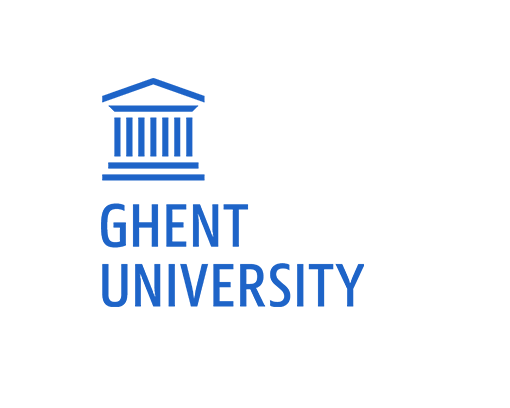Esquisse du parlementarisme et du monopartisme en Afrique: Le cas du Togo
- Emile A.B. Van Rouveroy van Nieuwaal (Afrika-Studiecentrum Leiden)
Abstract
Witnessed the last hundred years profound political and constitutional changes. In this respect there are many differences between African States depending on which kind of colonial overlord has been the ruling power. The African State was ajuridical entity in international law, but was it also, at the time of independence, an empirical entity in national fact?
In almost all cases the empirical reality as a functioning government was still primarily the presence of European bureaucrats who has embodied the colonial state. Independence therefore opened a gap between the international legitimacy and the internal marginality of many emergent African State. The gap often presented a real political dilemma to the new African rulers: they usually could retain European officials only by compromising their national independence and could dispense with them only at the risk of undermining governmental performance.
After adoption of European constitutional law and with, initially, a high degree of similarity between most constitutions in French-speaking Africa, nowadays these constitutions differ widely, contrary to the Commonwealth Africa that has experienced fewer innovations and constitutional breakdowns. Parliamentary systems of government gave way to One Party Systems, introduced in many cases by the national army, as the best equiped, trained, paid and organised power in the country.
This has been the political and constitutional development in Togo as well. Since 1969, it has a One Party System, the Rassemblement du Peuple Togolais, founded by the President of the Togolese Republic, Gen. Gnassingbé Eyadéma. But, as everywhere else, doubts are growing about the effectiveness of the One Party System. Are the Togolese perspectives such that Eyadéma is willing to have an open mind and to be all ears for the critics to his own creation? Another intriguing question is to know in which way the African traditional authorities ("chieftancy"), as the core of the concern for the local world and as the embodiment of a moral and political order, could have a new (?) role in the socio-political development of the state in Africa? Will the chiefs' position in the long term be that of a noble élite, an echo from the past, useful as a tourist attraction or as managers of fun parks with safari possibilities.
KEY WORDS: chieftancy, constitutions, legal pluralism, one party system, politics, Togo.
How to Cite:
Van Rouveroy van Nieuwaal, E., (1989) “Esquisse du parlementarisme et du monopartisme en Afrique: Le cas du Togo”, Afrika Focus 5(3-4). doi: https://doi.org/10.21825/af.v5i3-4.6475
Downloads:
Download PDF
View
PDF
